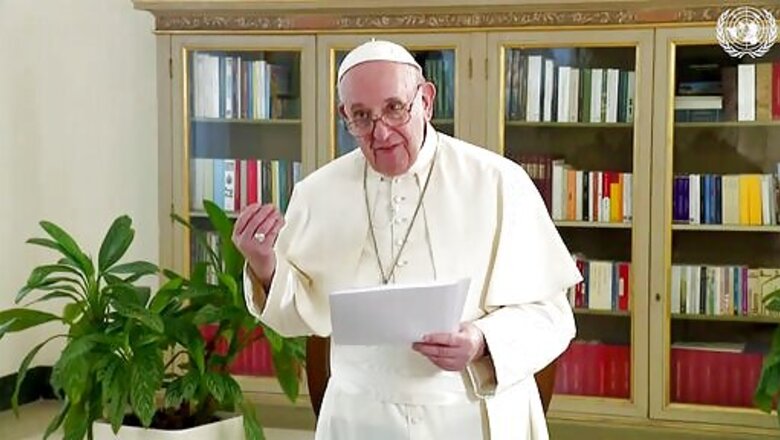
views
UNITED NATIONS: The Latest from the U.N. General Assembly (all times EDT):
1:33 p.m.
Pakistani Prime Minister Imran Khan has assailed Indias Hindu nationalist government and its moves to cement control of Muslim-majority Kashmir, calling India a state sponsor of hatred and prejudice against Islam.
Khan said Friday that Islamophobia prevails in India today and threatens the close to 200 million Muslims who live there.
They believe that India is exclusive to Hindus and others are not equal citizens, Khan said in a prerecorded speech to the U.N. General Assembly, which is being held virtually amid the coronavirus pandemic.
Khan has frequently criticized the decision by the government of Prime Minister Narendra Modi in August 2019 to strip Jammu and Kashmirs statehood, scrap its separate constitution and remove inherited protections on land and jobs. Indias security clampdown has sparked protests, and U.N.-appointed independent experts have called on the Indian government to take urgent action.
India accuses Pakistan of arming and training insurgents fighting for Kashmirs independence from India. Pakistan denies the charge and says it offers only diplomatic and moral support to the rebels.
The Kashmir region is split between India and Pakistan, which have fought two wars over the territory.
Khan, as he did in his speech before the world body last year, also condemned the targeting of Muslims in many countries and provocations and incitement in the name of free speech.
Despite Khans outcry at the treatment of Muslims worldwide, Pakistan has not criticized Chinas assault on its Muslim minority Uighur population. Pakistans silence, like that of other influential Muslim nations, is linked to its economic ties to China. Pakistan is heavily indebted to China and the two countries have a long history of cooperation both economically and militarily.
___
10:50 a.m.
European Union leader Charles Michel used the virtual pulpit of the U.N. General Assembly on Friday to lash out at Britain, which is threatening to renege on parts of the withdrawal treaty it signed with the EU. He warned that the 27-nation bloc wont back down in the final weeks of acrimonious talks on a free-trade deal.
Respect for treaties, a basic principle of international law, comes to be considered optional even by those who, until recently, were its historical guarantors, Michel said, in an unmistakable references to the United Kingdom.
The United Kingdom is a founding nation of the United Nations and a member of the Security Council, and the country has been a global diplomatic juggernaut for centuries.
Michels ire was raised when British Prime Minister Boris Johnson said he would contemplate breaking an agreement he signed with the EU.
Johnsons proposed a bill earlier this month that would disregard part of the Brexit withdrawal treaty dealing with open borders between the EUs Ireland and the United Kingdom. The withdrawal agreement officially allowed the United Kingdom to leave the bloc last Jan. 31.
The EU insists the full withdrawal bill must be respected for fear that it otherwise might re-ignite tensions on the island of Ireland. Northern Ireland has special status in the withdrawal agreement because it is the only part of the U.K. that shares a land border with an EU country.
Britain and the EU jointly promised in the Brexit divorce agreement to ensure there are no customs posts or other obstacles on the Northern Ireland-Ireland border. The open border is key to the stability that underpins the 1998 peace settlement that ended decades of violence between Irish nationalists and British unionists.
___
10:30 a.m.
Palestinian President Mahmoud Abbas has called for an international conference early next year to launch a genuine peace process while criticizing the recent decision of two Arab countries to normalize relations with Israel.
In an address before the U.N. General Assembly on Friday, Abbas seemed to acknowledge the growing international weariness with the decades-old conflict, saying I wonder what more I can say after all Ive said on countless occasions.
The Palestinians have rejected President Donald Trumps proposal to end the conflict that overwhelmingly favors Israel, and have officially cut off contacts with both the U.S. and Israel. Instead, they have called for a multilateral peace process based on U.N. resolutions and past agreements.
They have also rejected the decision of the United Arab Emirates and Bahrain to normalize ties with Israel, viewing it as a betrayal of the longstanding Arab consensus that recognition of Israel should only come in exchange for territorial concessions.
In his speech, Abbas said the agreements, signed at the White House earlier this month, are a violation of the principles of a just and lasting solution under international law.
Abbas spoke before a large plaque reading State of Palestine. The Palestinians upgraded their status to observer state at the U.N. in 2012.
Abbas closed by saying there can be no peace, no security, no stability, no coexistence in our region without an end to the occupation.
We will not bow down. We will not surrender. We will not compromise. And we shall triumph, he said.
___
10:15 a.m.
Pope Francis has urged world leaders to use the coronavirus emergency as an opportunity to reform the injustices of the global economy and perverse logic of the nuclear deterrence doctrine, saying increased isolationist responses to the worlds problems must not prevail.
Francis laid out his appeal for greater involvement and influence of the United Nations in protecting the poor, migrants and the environment in a videotaped speech Friday to the United Nations General Assembly, held mostly virtually this year because of the pandemic.
Francis said the world has a choice to make as it tries to emerge from the COVID-19 crisis and address the grave economic impact it has had on the planets most vulnerable: greater solidarity and multilateralism, or a self-retreat into greater individualism and elitism.
He said: We never emerge from a crisis just as we were. We come out either better or worse. This is why, at this critical juncture, it is our duty to rethink the future of our common home and our common project.
Francis is expected to lay out further his vision for the need for solidarity in the post-COVID world in an encyclical to be released Oct. 4.
Disclaimer: This post has been auto-published from an agency feed without any modifications to the text and has not been reviewed by an editor












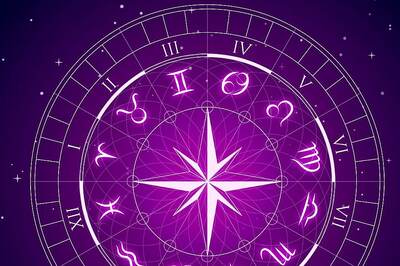

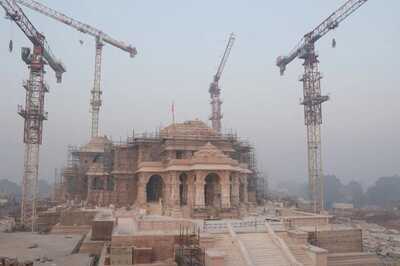

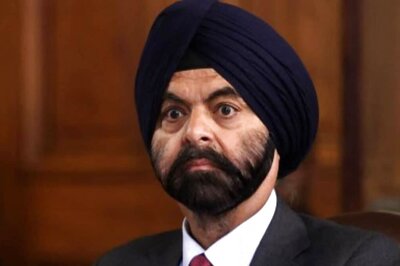
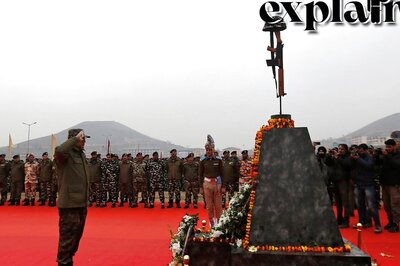


Comments
0 comment